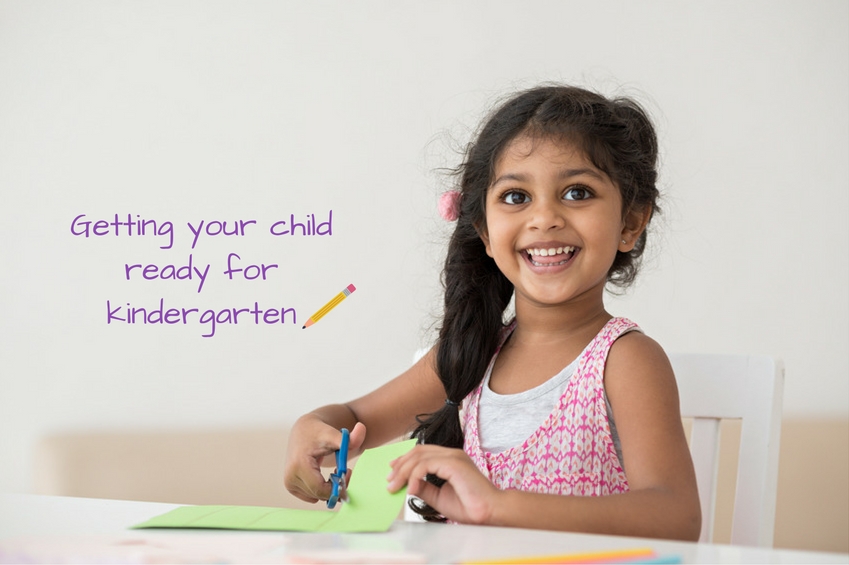There’s a secret about early literacy that Amy Schardein, early childhood librarian with the Kenton County Public Library, wishes more people knew: It’s simple and anyone – even parents who are illiterate or low literate themselves – can help their child get ready to read.
According to Schardein, it’s not important if kids go into kindergarten knowing how to read; what’s important is that they’re ready to learn. To prepare them, here are five things you can do with your child every day:
Read
This one is a no-brainer, but read to your child every day. It doesn’t have to just be before bed either. You can read to them in the checkout line of the grocery store, when they’re in the bathtub, or when you’re just relaxing and sitting on the couch together.
Also, “one important thing we’re learning about reading to children is that they do better when we interact with them about the book,” Schardein said.
That means ask your child questions about why something happened or point out a detail and expand on what he or she says: “Children get much more out of a book when you create a discussion around the book,” Schardein said.
Play
Although any kind of play is beneficial for children, pretend play is the best kind of play, Schardein said.
“When kids can create their own story and act it out, it’s really important for social and emotional health,” she said.
It also helps kids learn how to work out issues and disagreements on their own.
Write
Writing for young children doesn’t mean worksheets or even writing letters and numbers. It means giving your child access to writing utensils ““ whether that be crayons, construction paper, markers, etc.
“Young children benefit from experimenting with writing materials,” Schardein said. “It also helps them build fine motor skills. As they get older, you can give them letters to trace.”
Talk
Children need you to speak with them ““ a lot ““ every single day, Schardein said. Just talking to them helps them develop their own language. And the same doesn’t hold true for words they hear on TV or other devices. It has to be a live human.
“Think about it,” she said. “If you’ve ever tried to sound out a word that you haven’t heard before, isn’t it so much harder than sounding out a word you have heard before?”
Also, sometimes, we can be tired and what we say to our kids can be short, such as the clipped commands “please don’t,” “stop,” or “no.” But full sentences are much more beneficial to children, so try to be chatty.
Sing
Singing helps children because when we sing, we assign a different note to each syllable, and those changes in note and pitch help children hear smaller parts of each word, which will help them later with reading.
Preparing your child to learn to read doesn’t have to be difficult. Just remember to read, play, write, talk and sing with them. And, if you want to do more, take him or her to a story time or preschool program at the library, but don’t be alarmed when you realize the kids there aren’t quietly listening to a book: “Parents are sometimes surprised by how much talking there is during story time, but it’s so much better for the kids,” Schardein said.

